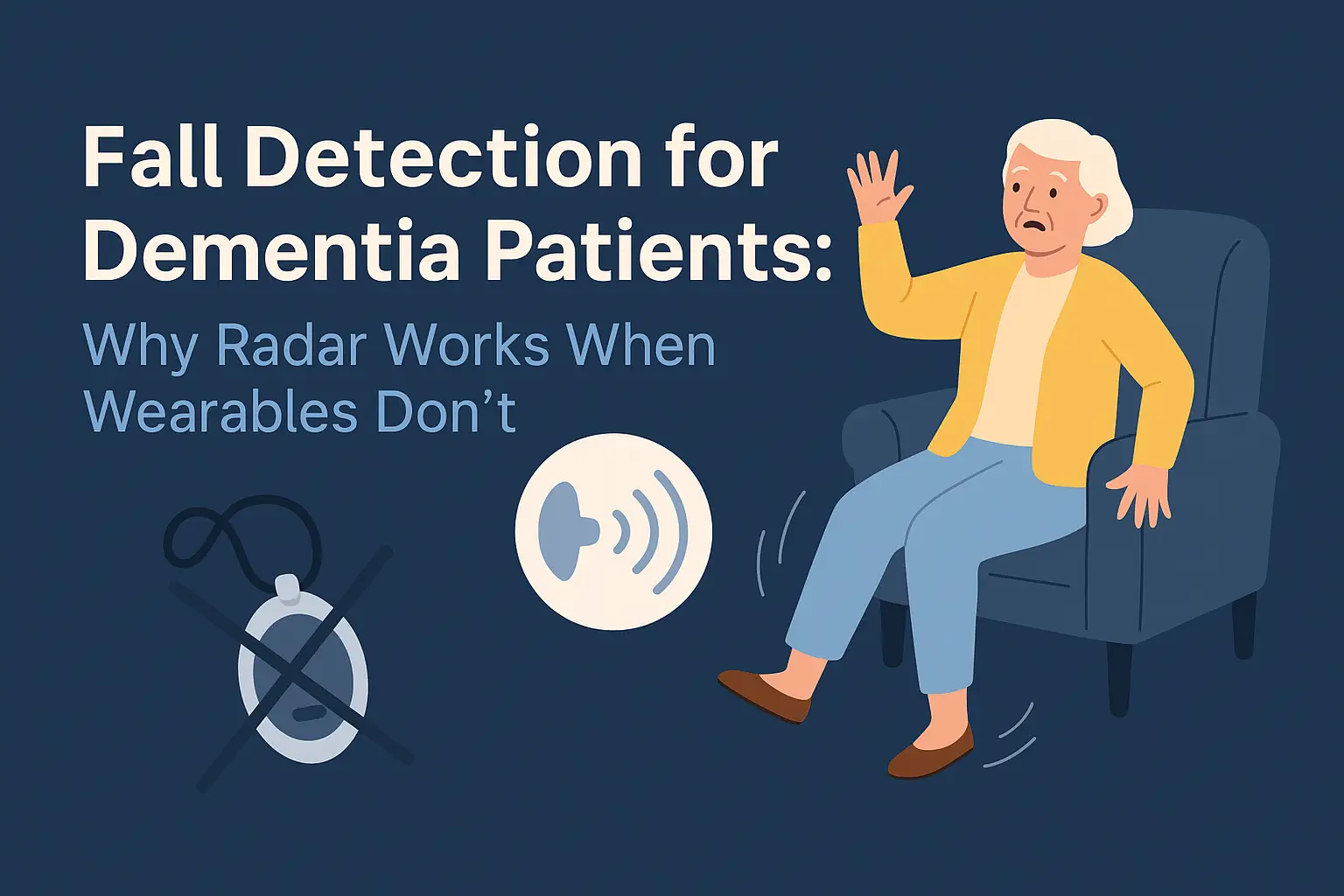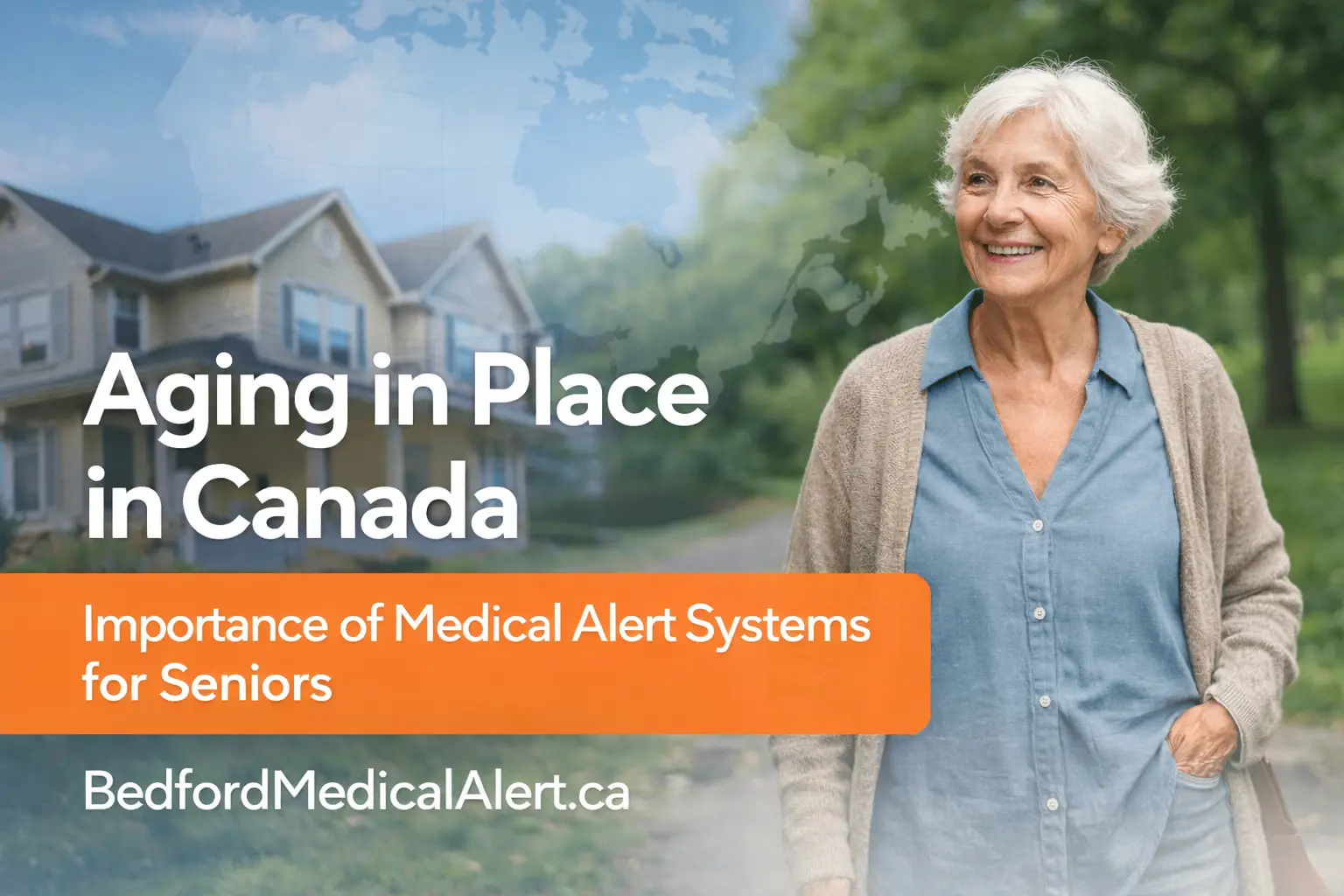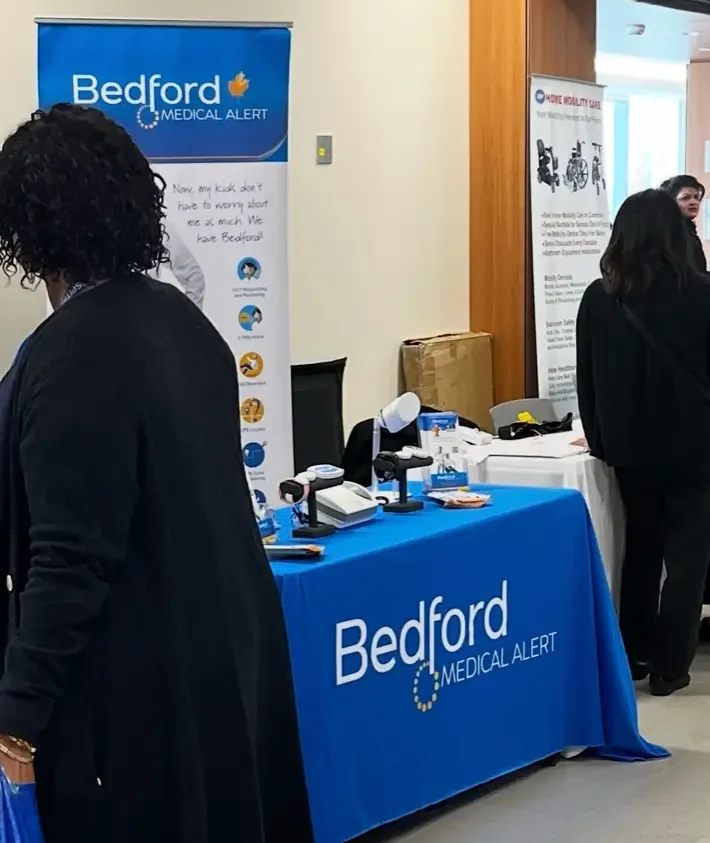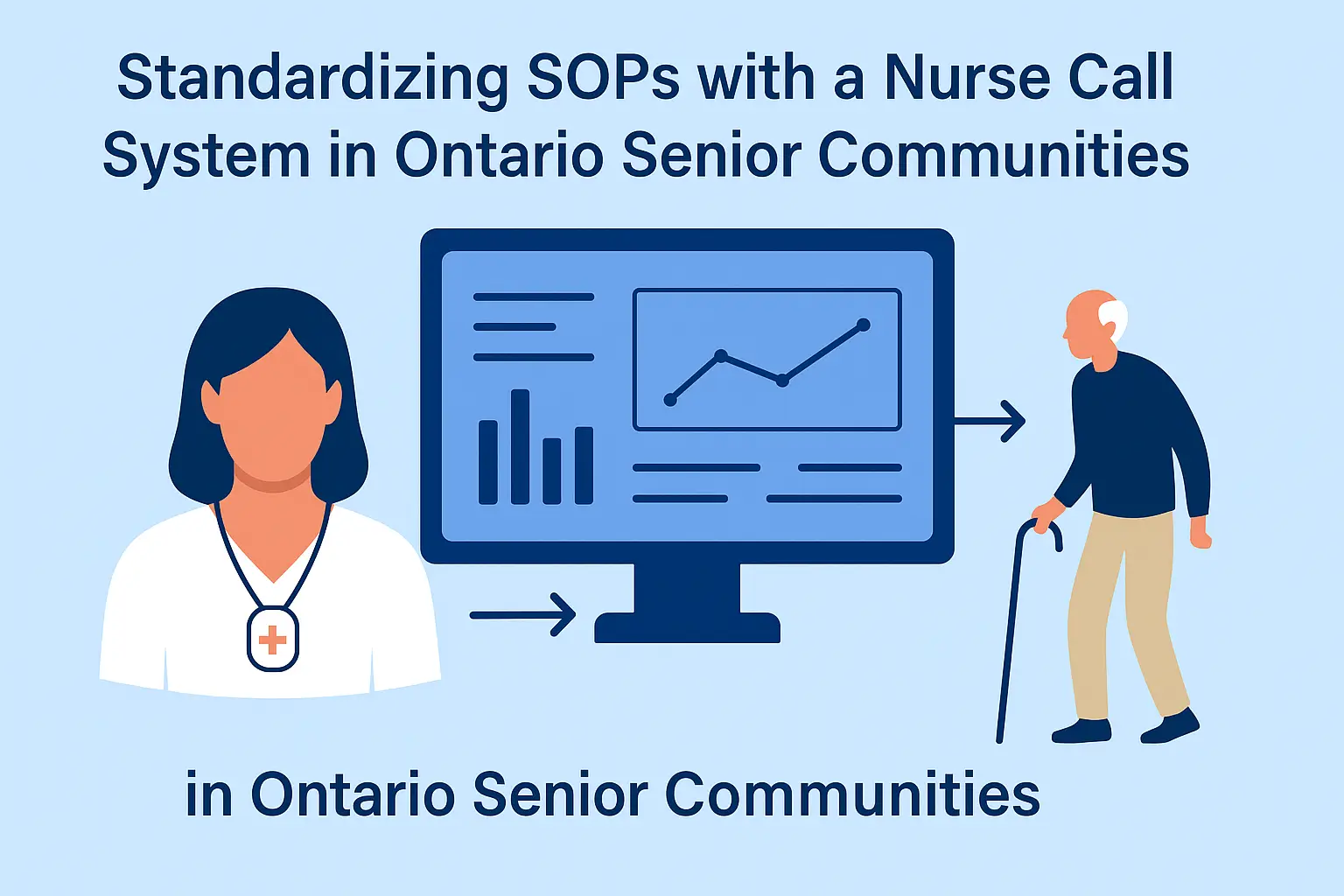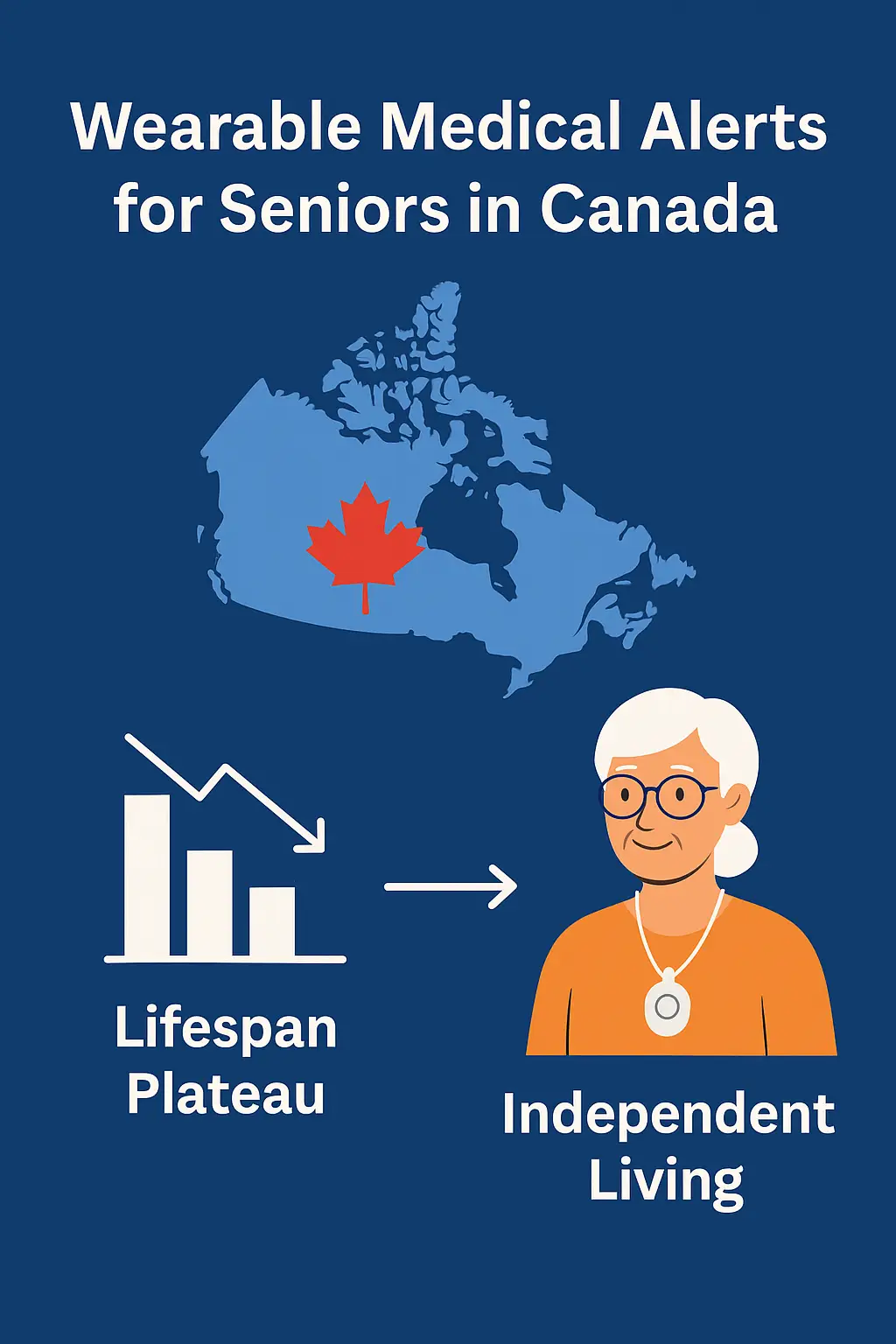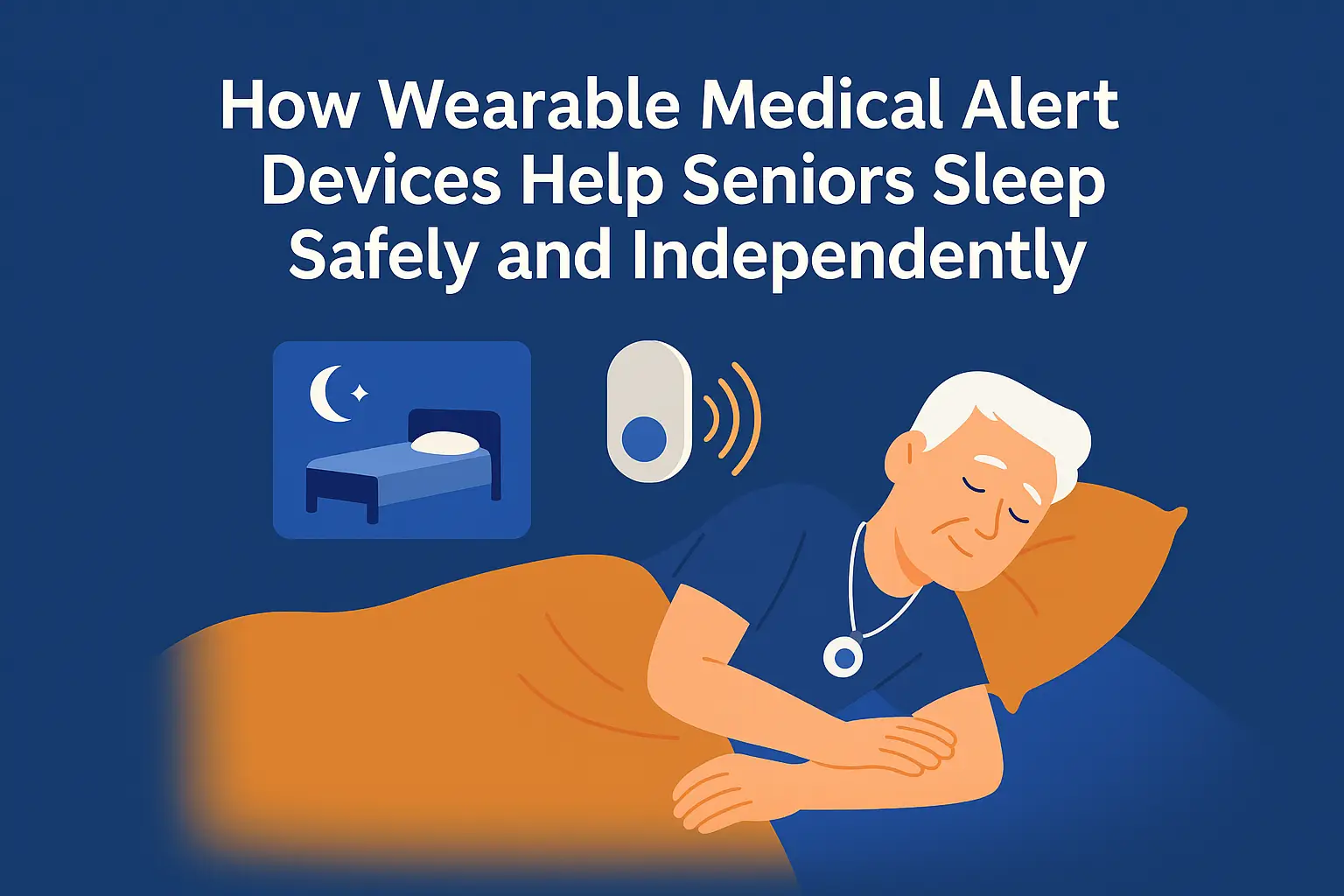When caring for someone with dementia or Alzheimer’s, the line between independence and safety is delicate. For families and care providers, the challenge lies in protecting loved ones who may forget they’re at risk, remove devices, or can’t ask for help when they need it most.
In these moments, technology must step in – quietly, respectfully, and reliably.
That’s where Bedford’s mmWave Radar Fall Detection System offers a new path forward. It provides invisible protection for individuals with cognitive impairment, without asking them to do or remember anything at all.
The Problem: Even Automatic Fall Detection Isn’t Always Enough in Dementia Care
Today, many fall detection technologies – including Bedford’s own wearable systems – feature automatic fall detection, meaning they do not require a button press to trigger an alert. This has been a significant advancement over older panic-button systems.
However, even these devices depend on the user keeping them on, properly positioned, and charged. In dementia care settings, this creates a barrier.
Why Wearables Can Still Fall Short:
- Individuals with dementia or Alzheimer’s often remove devices unknowingly
- They may forget the purpose of the pendant or become distressed by it
- Devices may be left on a table, lost, or worn incorrectly
- Care teams may assume protection is active when it’s not
As a result, while wearable systems with automatic fall detection are highly effective in many senior care settings, they require consistent cooperation – something not always possible in dementia care.
This is where passive, non-wearable fall detection becomes essential.
The Solution: Radar-Based, Non-Wearable Fall Detection
Bedford’s AI-powered mmWave Radar Fall Detection system is designed specifically for environments where cognitive impairment complicates traditional care models.
It’s ideal for:
- Memory care units
- Assisted living communities
- Private homes with live-in care
- Alzheimer’s-specific housing or support programs
How It Works:
- Uses advanced mmWave radar to detect falls by monitoring motion, velocity, and body position
- Sends alerts automatically – no buttons, pendants, or wearables required
- Maintains complete privacy (no video or audio)
- Works 24/7, even in low-light or cluttered rooms
- Requires no cognitive input or user interaction
Therefore, this system offers truly passive protection for individuals who cannot consistently wear or use traditional devices, and for whom timely intervention is critical.
A Story That Happens Every Day
Margaret is 84. She lives in a private memory care suite in Ontario. She’s kind, funny – and sometimes wakes up disoriented in the night, unsure where she is or where she’s going.
One night, she fell while trying to get to the bathroom. She didn’t remember to press the pendant her family had carefully placed on her wrist. She didn’t call out.
But the Bedford radar system in her room detected the fall within moments. Nearby staff were notified and arrived in under 180 seconds.
Margaret was okay. The system did what it was designed to do: it acted when she couldn’t.
This story isn’t unique. In fact, it reflects the daily challenges faced by families, caregivers, and facility staff throughout Ontario and beyond.
Privacy-Safe Monitoring for Dementia Environments
Unlike cameras or microphones, Bedford’s radar-based system is completely privacy-preserving. It uses only spatial data – detecting motion and body posture – without capturing any video or sound.
Key Features:
- Non-wearable, passive system (ideal for dementia patients)
- mmWave radar accuracy, even through obstacles
- Real-time fall alerts, directly to caregivers or staff
- No visual or audio surveillance
- No input or action required from the resident
Consequently, the system respects the individual’s autonomy while silently safeguarding their well-being. Moreover, it eases the emotional burden on family members who can’t be there around the clock.
Trusted Across Ontario’s Memory Care Communities
Bedford Medical Alert works with private homeowners as well as retirement communities, long-term care providers, and home caregivers across Ontario to implement non-wearable fall prevention in memory care environments.
Whether you’re in Toronto, Hamilton, Ottawa, or supporting a regional network of facilities, our solution offers:
- Seamless integration
- Minimal disruption during installation
- Customizable alert escalation paths
- Ongoing Canadian support and training
In addition, the system supports centralized dashboards and cross-site SOP implementation for operators managing multiple locations.
Help Protect Someone Who Can’t Ask for Help
If you care for a loved one with dementia, or operate a facility that supports memory care, Bedford’s AI-powered radar system provides passive, intelligent protection that works when your resident or loved one cannot.
Because real safety means never needing to ask.
Contact Bedford Medical Alert Today
Serving memory care facilities and home caregivers across Ontario
Tel: 1-888-755-3055

